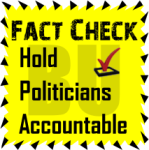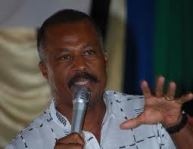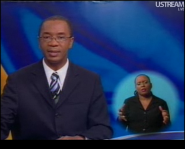
Hal Austin
Introduction:
When the voters of Barbados enter the polling booths on Thursday, it will be an enormous challenge for them to abandon old political tribal loyalties and objectively put the nation, future generations and their own futures before irrationally supporting a party or candidate they have always supported, while suspending reason. The harsh truth is that this is the most testing general election, not only since November 30, 1966, but since the early 1950s and the introduction of internal self-government.
In the new globalised world, there is no turning back for small nation states such as Barbados. New global organisations, such as the World Trade Organisation and the newly re-energised International Monetary Fund, now have power over small states, mostly wrapped up in international treaties, that they have never had before. At the same time, rich and powerful nations are subsidising their farmers and industrialists, such as car manufacturing and farming in the US, farming in the EU, and a long list of state-owned or controlled industries in China, which put further pressure on small states. But we are not just economic people, as a nation we are rounded with equal value given to our social relations, our civic and moral responsibilities and our cultural and creative environment.
Increasing Government Productivity:
One of the biggest drags on growth in Barbados is public sector efficiency, from improvements in technology, competent management to output per person. One only has to read the annual report of the auditor-general to see the extent of public sector incompetence. Take a simple, but important example, uncollected VAT. Value added tax is a sales tax paid by consumers and collected by trades and service people. For convenience, that money is paid to the government at pre-set dates – monthly, quarterly etc. However, in Barbados, there is a huge backlog of payments, of business people failing to handover to government monies collected on its behalf.
Continue reading →






























You must be logged in to post a comment.